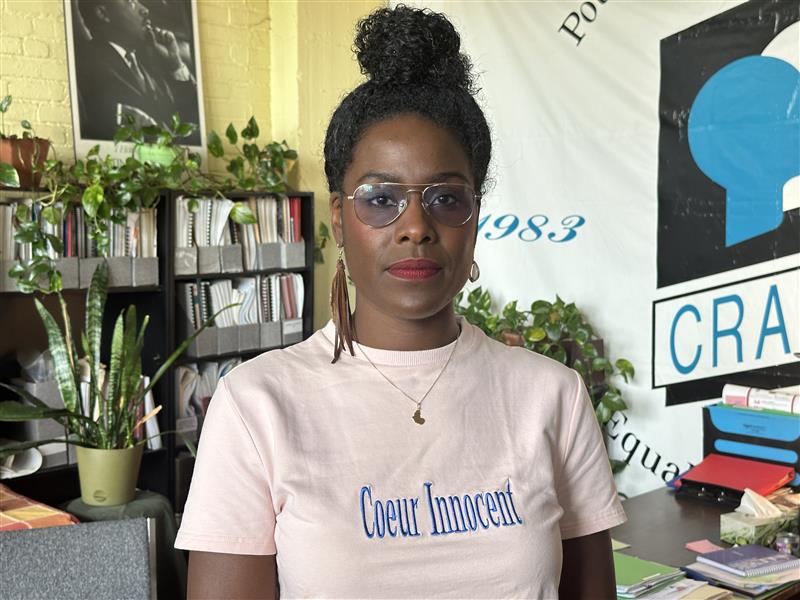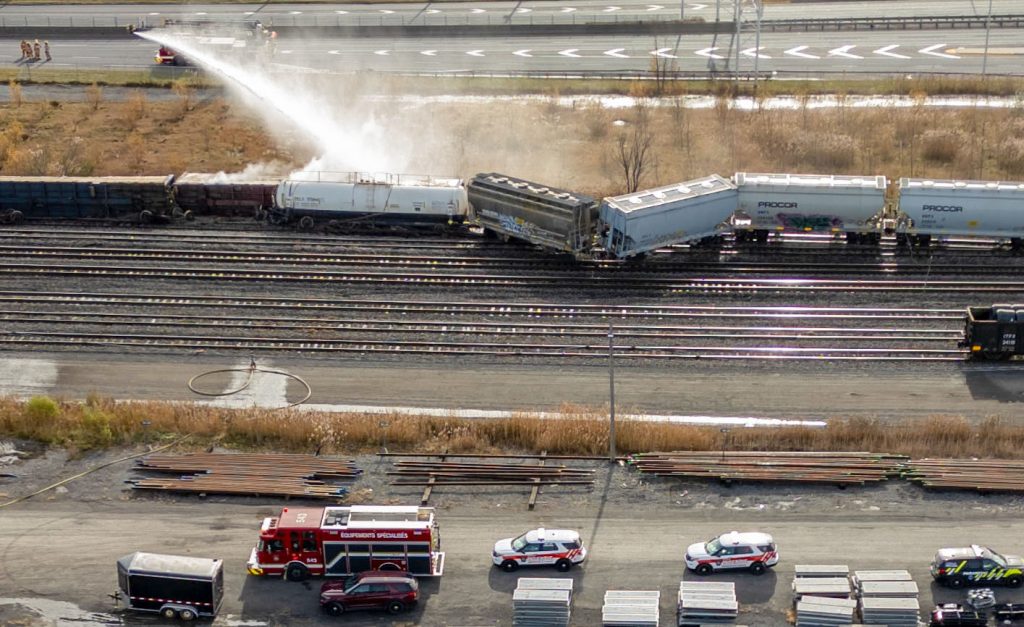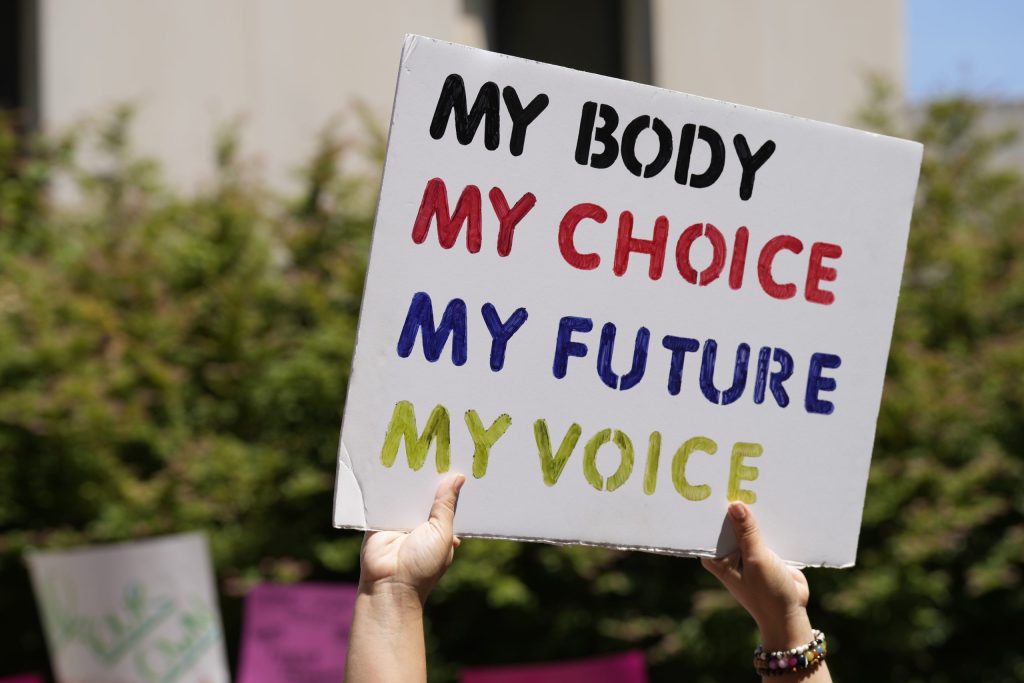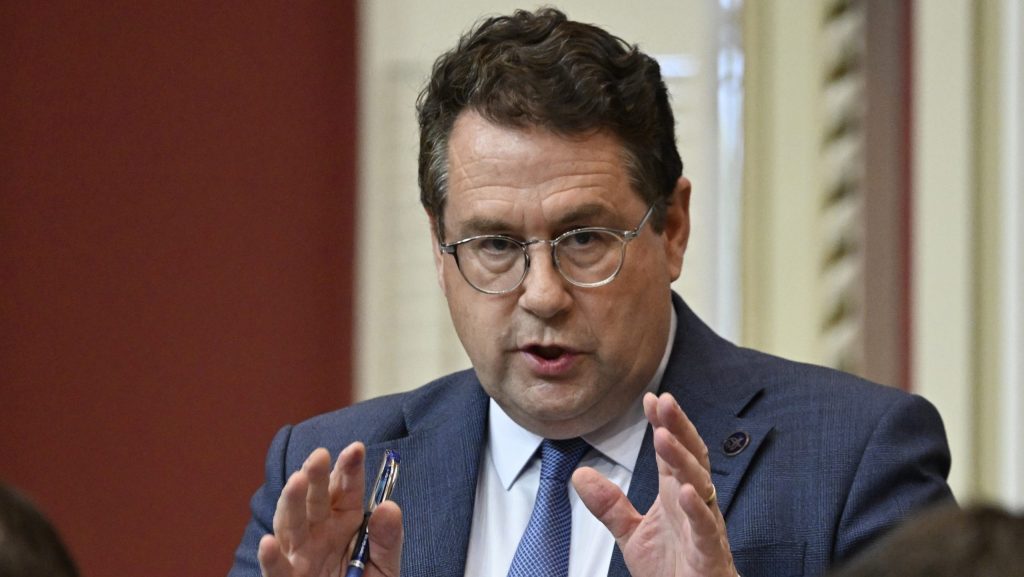Looking to give Montrealers voices at National Assembly: one-on-one with Bloc Montréal Leader Balarama Holness
Posted September 23, 2022 8:00 am.
Last Updated September 23, 2022 12:27 pm.
Quebecers head to the polls on Oct. 3 to vote for the next provincial government.
CityNews sat down with Balarama Holness, the leader and founder of the newly created Bloc Montréal party.
We recently saw you running municipally to be the mayor of Montreal. Now you’ve created a party provincially. Why the jump from municipal to provincial?
That’s a great question. Montreal is this international metropolis. It has a $200 billion GDP. We are a centre for aerospace, pharmaceuticals, finance, education, but we lack representation and autonomy at the National Assembly. It was important for us to create a party that actually gives credit to this beautiful metropolis and that we get the proper representation. Whether it’s health care – right now 650,000 are waiting for a family doctor – whether it’s immigration, we have a labour shortage, we need to at least have 90,000 immigrants come to Quebec each year, whether it’s reforming our curriculum from an educational perspective, all of these things are dealt with at the National Assembly and that’s why Bloc Montréal was created.
Talk to me about the specific goal of Bloc Montréal, because, of course, when we hear Bloc Montréal, we think of Bloc Québécois and the fact that they want special powers for Quebec within Canada. So is Bloc Montréal similar in the sense that you want special powers for Montreal within Quebec?
Exactly. Bloc Québécois represents Quebec at the Parliament and Bloc Montréal represents Montreal at the National Assembly. For us, more autonomy is really, really important. As we mentioned, right now, the budget of our metropolis is only $6 billion. However, our GDP is $200 billion. That’s why we’re asking for something very simple. We’re saying that Montreal wants to retain 20 per cent of the provincial tax that’s generated on the Island of Montreal. That’s the equivalent of $2 billion. Right now the business model is simply parking tickets and property taxes. We want to diversify our revenue stream, have a new fiscal pact with the National Assembly, with Quebec City, and that’s going to require bold leadership, more autonomy. And that’s why Bloc Montréal is so important in this election.
RELATED: Civic rights, Bill 96 & courting Anglo voters: one-on-one with Conservative Leader Éric Duhaime
We are seeing the CAQ polling quite high with the opposition parties kind of neck and neck. What do you say to those Quebecers who worry that maybe a vote for Bloc Montréal is going to split the opposition vote further, giving the CAQ more power?
This speaks to a plank of our platform, which is asking for electoral reform in a proportional democracy. What that means is 65 of the elected officials at the National Assembly would be based on the percentage of votes that you receive. So right now, they could get 40 per cent of the vote and 100 per cent of the power. And for us, that is unacceptable. So we’re asking for proportional democracy. And we’re asking people to vote with their values. Right now, the Liberal Party of Quebec, they were weak on Bill 21, weak on Bill 96. They were, in my view, and for many Montrealers, a failed opposition. So we have to start voting with our values and voting for a party that’s going to represent the interests of our beautiful metropolis in Montreal.
READ MORE:
- Bloc Montréal unveils election platform
- Bloc Québécois challenges name of Bloc Montréal
- Bloc Montreal presents candidates & immigration policy
Do you worry that because there are a smaller number of people running for your party and therefore a limited number of seats that you can have at the table, do you worry that you won’t have enough of a say at the National Assembly?
Well, I think a lot of the parties are in that boat because right now with the polling, we see that CAQ has a 99% chance of having a majority. So right now the question is who do you want to be an advocate for you at the National Assembly and well beyond Bill 96 and 21. Health care was a major issue, as I mentioned, 650,000 people here in Montreal don’t have access to a family doctor. We’re going to need a voice for Montrealers at the National Assembly. It’s not good enough, in my view, to be a soft opposition like the Liberal Party of Quebec. We need to have strong voices and that’s why Bloc Montréal is so import in this election. And I would add that new ideas, fresh blood, enriches our democracy. This idea that new parties split the vote is frankly an undemocratic sentiment. I think that we need to be encouraging young people to vote, new parties to come to the forefront, and that’s how we keep our democracy healthy.
You touched on Bill 21, Bill 96. So what would be your priorities if you do get a seat at the National Assembly?
Those bills are very important but I also feel that they have become a distraction in many ways. Sure, we want to abolish Bill 21 and 96. But what many Montrealers and Quebecers care about is the fact that our health-care sector is in shambles, the fact that teachers are underpaid. We have the highest high school dropout rate in the nation. Unemployment rates are low because of the fact that there’s a labour shortage. These are all issues that Montrealers care about. And, I think that in this election, in the final week leading up to the vote, we should be focusing on those elements. We want to abolish these bills. The majority of Montrealers want to abolish these bills, but there are also bread-and-butter issues that people care about.
You’re personally running in NDG, that is a Liberal stronghold. Why did you choose that riding?
It was important for me for a few reasons. When my father immigrated to Canada in ’69, that’s where he went to live. He played for the Jets, the first Black soccer team in NDG, so my roots are there. But also NDG is a microcosm of the reality of Montreal, where you have Anglophones, Francophones, Quebecers, immigrants. They work, they live, they play in harmony, and this is the example of a riding that we want to have flourish. And I think that is the front lines of this battle for linguistic rights, for small businesses, for issues of health care, for issues of assisting small businesses with the labour shortage. If NDG goes down to the Liberals, I feel as though that is going to be the end of it. We are not going to have strong leadership. And you can kiss many of our linguistic and civil rights goodbye.
You were not invited to speak at the debates, and we want to give you a chance to speak directly to voters now. So what do you say to them?
You could vote for a party that’s going to be fighting for you at the National Assembly, that’s going to be fighting to reform our health-care sector, that wants to improve our education sector by reforming curriculum and better paying teachers. Right now, we have the highest high school dropout rate in the nation. We also need to ensure, because of these new laws that were imposed by the CAQ, assisted by the Liberals, that public schools can have a Grade 12 so we can circumvent CEGEP, the mandatory three courses I think was not helpful. We need to have a humane and compassionate approach to immigration. We need to also have economic immigration whereby 90,000 immigrants come to Quebec and they can also learn French. We’re advocating for the protection of the French language by providing free French courses for all new immigrants and Quebecers and Montrealers. By voting for a party like Bloc Montréal, you’re voting for a party that’s going to be fighting for you at the National Assembly.








